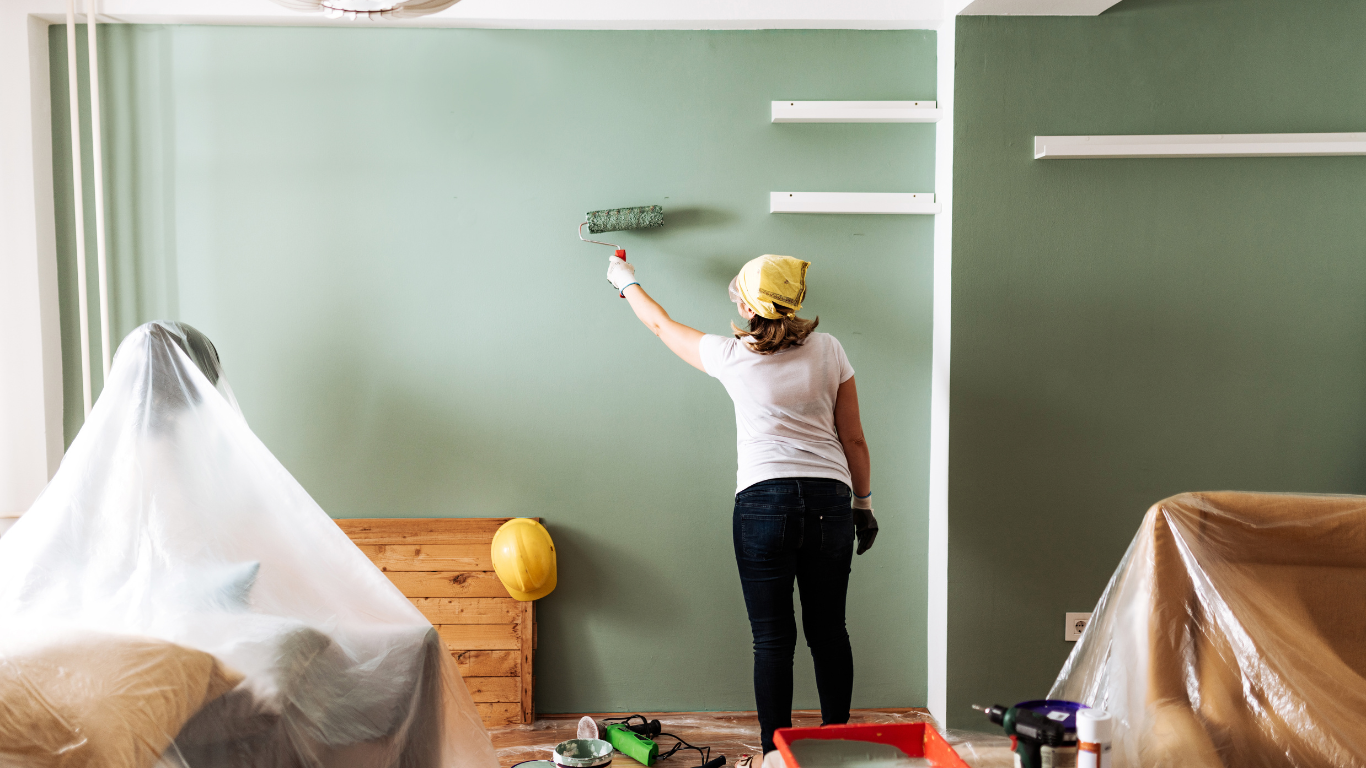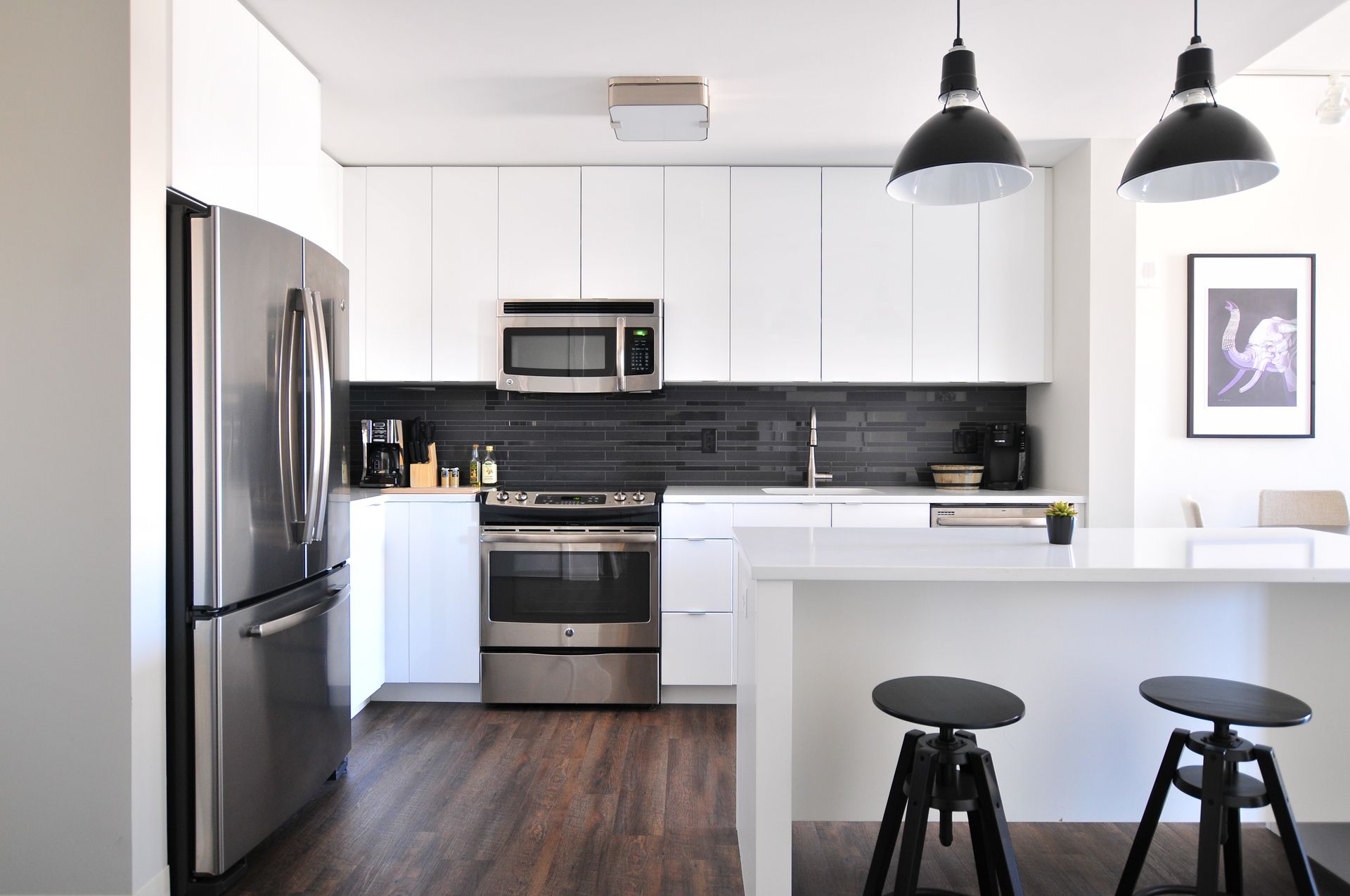
Are Your Renters Prepared for Property Damage or Theft?
Recently, Assurant, a global risk-management service provider, conducted a survey of 1,000 renters from coast to coast. The survey found that the majority of those surveyed had no real idea of who would be responsible should property damage, theft, fire, or an injury occur at their residence. Almost 1/3rd thought that the property management company or landlord were responsible in these situations, while 25 percent had no clue.
A Lack of Knowledge
According to Steve Hein, senior VP of multifamily housing at Assurant, “There’s clearly a strong disconnect in terms of renters understanding who’s responsible for damage and liability protection. This is especially worrisome given that more Americans rent now than at any point in the past 50 years [according to the Pew Research Center] and that the value of renters’ possessions continues to increase.”
One thing Assurant noticed is the strong connection between the number of burglaries and the number of renters who post the fact they are on vacation on various forms of social media. While many people seem to be aware of this fact, 85% of those surveyed said they posted about going on vacation on social media sites. Thirty-eight percent stated they had posted on social media while they were actually away from their home on vacation.
Many Renters Admit Having Been the Victims of Theft
According to the study, 41% of those involved said that they had either been the victim of theft or had a friend or family member who has. Yet at least 35% say the only thing they do when leaving is to lock the doors. Twenty-five percent say they never bother to secure their valuables, and a further 25% say they do so, but only infrequently.
When it came to the question of renters’ insurance, 45% said they had none, and 24% percent of this group claimed to have never considered purchasing it. The simple fact is that most renters don’t have adequate protection in place in the event of damage or injury. This is not a good situation as the cost of replacing stolen items, repairing damage, and hospital bills are typically going to be far more than the cost of renters’ insurance.
Renters’ Insurance is Inexpensive
The real issue for many renters is that they labor under the mistaken idea that renters’ insurance is too expensive. Depending on where you live, and the type of home you live in, a renters’ insurance policy covering up to $10,000 of loss, damage, or liability can cost as little as $160.00 per year. The only thing the renter would be responsible for is the $250.00 deductible on this type of policy.
Many property management companies and landlords are starting to require their tenants to purchase renters’ insurance. It seems that those who are willing to comply with this type of request, tend to be better tenants who are more likely to take better care of their personal property and their rental homes.
The post Are Your Renters Prepared for Property Damage or Theft? appeared first on McIntire Management.










